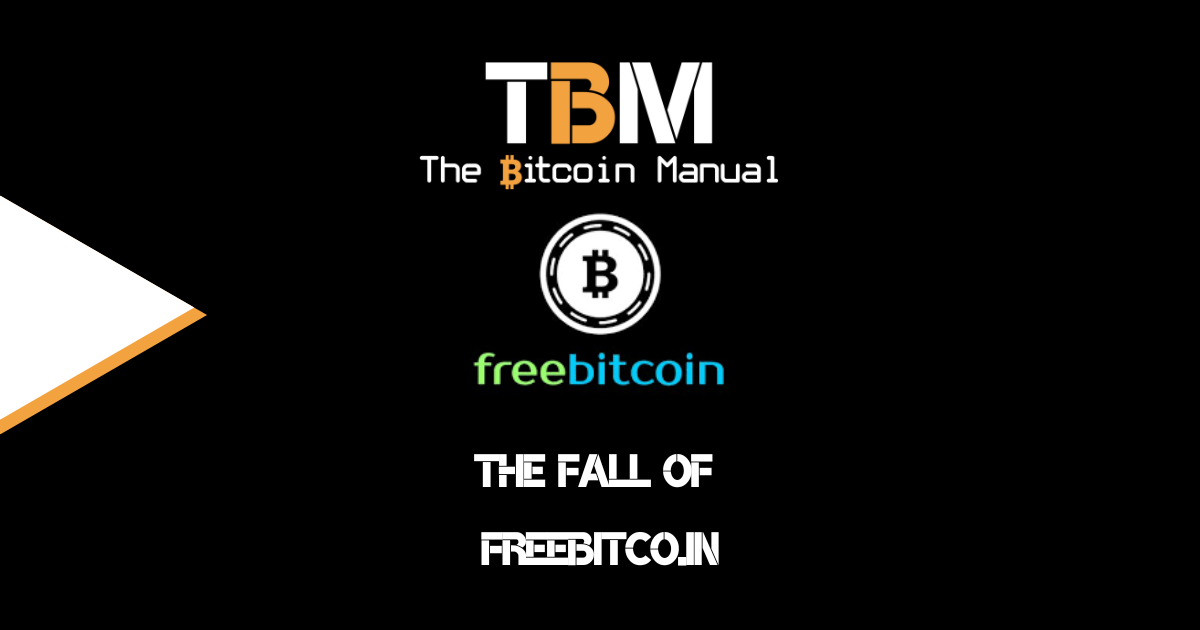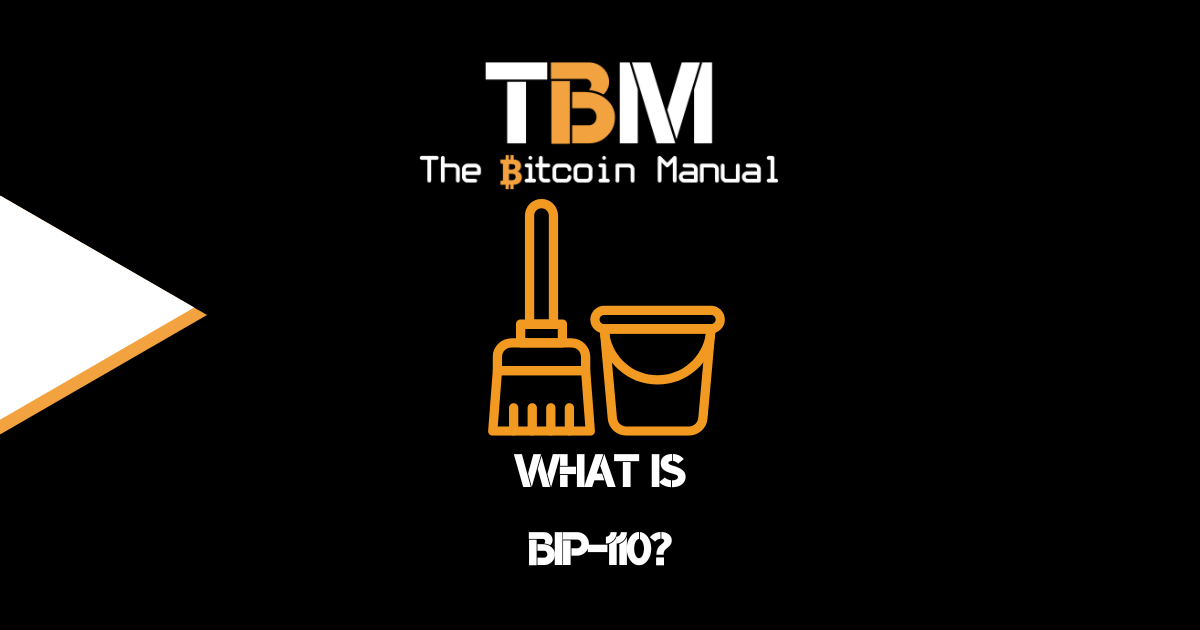If you find Bitcoin transactions slow and expensive, the network may not be worth using. It’s become a popular critique by altcoiners, claiming their network is faster and cheaper to use, so you should ditch Bitcoin. Bitcoin the network has some hard stops when it comes to how many transactions can be committed to a block and secured every ten minutes, and because there is consistent demand, fees tend to be higher than these dormant chains or chains that trade security for throughput.
Bitcoin on-chain transactions will always be your first choice, but it doesn’t have to be the only one. The Lightning Network should be one of the first options you entertain as part of second-layer solutions that provide off-chain transactions using Bitcoin as the unit of account and native asset.
This peer-to-peer payment network allows you to open one or multiple, multiple channels using an on-chain transaction as a tether between the two networks.
To access the Lightning network, the standard operation would be to find a channel peer and open a channel to them by broadcasting an on-chain transaction that will be used to create an HTLC or PTLC on the Lightning network.
The standard operation of opening one channel at a time means you still run into the speed and cost issues of the Bitcoin base chain. As a Lightning network, you don’t want to waste money on additional mining fees if you can help it. Those sats add up over time, and those are sats that could have netted you additional routing fees over the long term.
So how do you reduce your on-chain footprint and optimise your Bitcoin usage on Lightning? By combining all your channel opens into one transaction, of course.
Why multiple open channels?
If you only intend to use the Lightning Network to pay a friend or family member regularly by opening a direct private channel, your lack of exposure to the broader Lightning Network shouldn’t require you to open multiple channels simultaneously. While there are plenty of private channels on Lightning, the incentive of the network is to have public channels, where you provide routing capacity for yourself and others.
As a routing node, your goal is to create payment links between high-traffic hubs, so you not only help the network move payments to their destination by being a link in a payment route but to earn fees in the process. The Lightning Network consists of a network of payment channels between participants, allowing them to transact without broadcasting every transaction to the Bitcoin network.
To participate in the wider Lightning network, you would want to connect to as many high-routing channel peers as possible. Instead of connecting, let’s say, 10 million satoshis to 1 peer, it might be more effective to connect ten channels of 1 million to ten different peers instead.
In a standard one-for-one open, this can become costly and expensive, so your incentive is to focus your channels and capacity. But by opening multiple channels with just one on-chain transaction, you can optimise your Bitcoin usage and drive liquidity to where it is needed most and where it will net you the best returns.
NoLooking PayJoin channel creation.
To generate combined channel opens into one on-chain transaction, you will need special software to combine all the outputs into one input. Currently, one of the easiest ways to do this is to leverage the Bitcoin node app, NoLooking.
NoLooking makes it easy for a new node to connect in one transaction that opens inbound and outbound channels using pay-to-endpoint. Additionally, the batched channel opens also allow existing nodes to deploy liquidity better.
NoLooking leverages Pay-to-Endpoint (PayJoin) to negotiate a channel open on behalf of your lightning node, initiated by any BIP78 supporting wallet. You can open multiple lightning channels in a single payment, improving privacy and saving on transaction fees and wait time.
To open multiple channels using NoLooking, you would need to:
- Install the app on your node.
- Find destination nodes looking for capacity and add their node address.
- Add the number of sats you want to open up with for each channel.
- Repeat steps 2 and 3 until you’re happy with the amount of channel opens you have batched.
- Set the amount of vBytes you’re willing to pay for the transaction.
- Then generate a funding request.
- The NoLooking coordinator will provide you with a payment address.
- You will need a BIP78 supporting wallet to pay this address. (BlueWallet or Sparrow Wallet will work just fine)
- Pay the output address, wait for your transaction to confirm on-chain, and check that your channels are open.
⚡️👀 NOLOOKING @UMBREL DEMO 👀⚡️
— nick 🛰 (@utxoclub) November 15, 2022
Brand new app for opening multiple lightning channels in a single transaction, using PayJoin
First, install nolooking: pic.twitter.com/XYXNgzMNY5
Note: NoLooking is still in early development; by using Nolooking, you hold all responsibility for any loss of funds or other grievances which may arise. So be sure you’re comfortable with the risks and the amount of funds you want to test when using the product before diving in.
Benefits of combined channel opens.
The obvious benefit of creating multiple channels, is that it saves you on time creating all the outputs in one go, but there are other benefits that might encourage you to want to use batched channel creation regularly.
Expected fee savings.
In the traditional path for opening a lightning channel, you first must fund the Lightning wallet and then make a second transaction to fund the opening of the channel, a total of two transactions. Batching however does this all in a single transaction, saving 106 vB (68 vB input + 22 vB script pubkey + 8 vB output amount + 4 vB version + 4vB timelock).
If you wanted to fund several channels, say 10 channels, this would traditionally take 11 transactions but using a combined transaction, you can do this in a single transaction – saving 1060 vB.
Scheduling channel opens.
You can also schedule channel opens such that when someone goes to pay you, Lightning channel funding transactions piggyback along with their payment. Again, this scheduling saves both fees and time since you don’t have to wait for confirmations between each successive channel open.
Expected privacy implications.
If you open a lightning channel the usual way, the common input heuristic makes it easy to assume that the change from this funding transaction belongs to the funder. Using PayJoin breaks that assumption, where this change could now be the payer’s change instead.
As with any other PayJoin, it becomes unclear whether all transaction inputs belong to a single funder or whether multiple parties fund the transaction. Because this tool breaks analytic assumptions regarding Bitcoin transactions in general, using it will add transactions to the network with many possible interpretations and, thus, better privacy.
It makes managing Lightning less burdensome.
The batching channel opens on the Lightning Network takes a certain burden of transaction processing away from the Bitcoin blockchain, reducing the impact of on-chain congestion and allowing more users to participate in the network, especially those looking for smaller channel capacity peers. This scalability is crucial for Bitcoin’s long-term success, and by using the Lightning Network, you can play a small part in its growth.
Optimise your Lightning Experience.
The Lightning Network is a powerful tool for optimising your Bitcoin usage, and the arsenal of a Lightning node runner only continues to improve. Opening multiple channels with just one on-chain transaction is one more addition to your locker of tricks. These tools can be used in isolation or in combination; for example, Lightning PayJoin multi-channel creation could be combined with dual-funded channels.
As the network matures, Lightning operators will become skilled surgeons with their liquidity, able to carve our slices, rebalance, and move funds to where the network needs them most while limiting the need to touch the base chain.
As node operators take advantage of this granularity, they improve their earnings and, as a result, improve the network’s reliability.
Do your own research.
If you want to learn more about channel batching on Lightning, use this article as a jumping-off point and don’t trust what we say as the final say. Take the time to research, check out their official resources below or review other articles and videos tackling the topic.
Are you a Bitcoin and Lightning fan?
Have you been using Lightning to make micro-payments? Stream sats or engage with apps? Which app is your favourite? Do you run a Lightning node? How do you handle channel rebalancing? Have you tried all the forms of Lightning payments? Which one do you prefer?
Let us know in the comments down below.




